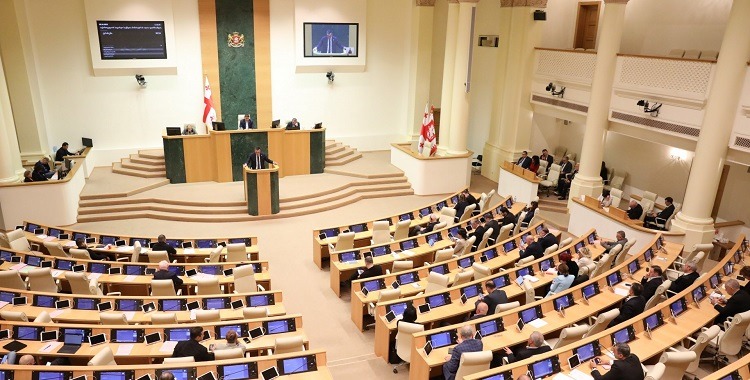Tbilisi: The Georgian office of the Transparency International anti-corruption watchdog on Tuesday urged the ruling Georgian Dream party to make certain amendments in its recently proposed bill for establishing an anti-corruption agency, stating the document does not correspond to the European Union’s conditions for granting the country with the membership candidate status.
The agency has argued that the bill does not provide for the merger of various key anti-corruption tasks in a single body and failure to provide a guarantee for its autonomy and effectiveness against corruption as the agency put front the fourth condition the European Union that requires the” domestic authorities to strengthen the autonomy of the anti-corruption agency which will handle all key anti-corruption functions”.
As per the organisation, the adoption of the bill that allows the country’s prime minister to make appointments for the head of the bureau, in its current form may inhibit the process of Georgia acquiring the desired membership candidate status in the European Union.
Instead of that, Transparency International has proposed to the ruling party a bill that had been drafted in 2020, which established the election of the head of the agency through voting by two-thirds of MPs. Moreover, the bill granted investigative authorities to the bureau.
The latter bill, which had been approved both by political groups as well as the civil sector, prescribed the new anti-corruption bureau unifying all existing anti-corruption institutions that, includes the state security service anti-corruption agency, the department of financial monitoring of political parties of the state audit service, and the public service bureau’s asset declaration monitoring department.
The recent bill presented by the Georgian Dream ruling party stated that a new agency would be expected to promote combating corruption, supervise the implementation of the government’s general policy and national strategy against it while coordinating the activities of relevant bodies, organisations and officials.
An open competition would be basis for shortlisting the candidate for head of the bureau following transparent procedures by a competitive commission, consisting of representatives of state agencies and domestic non-governmental organisations. The Prime Minister can choose one candidate from the proposed nominees for the position.



